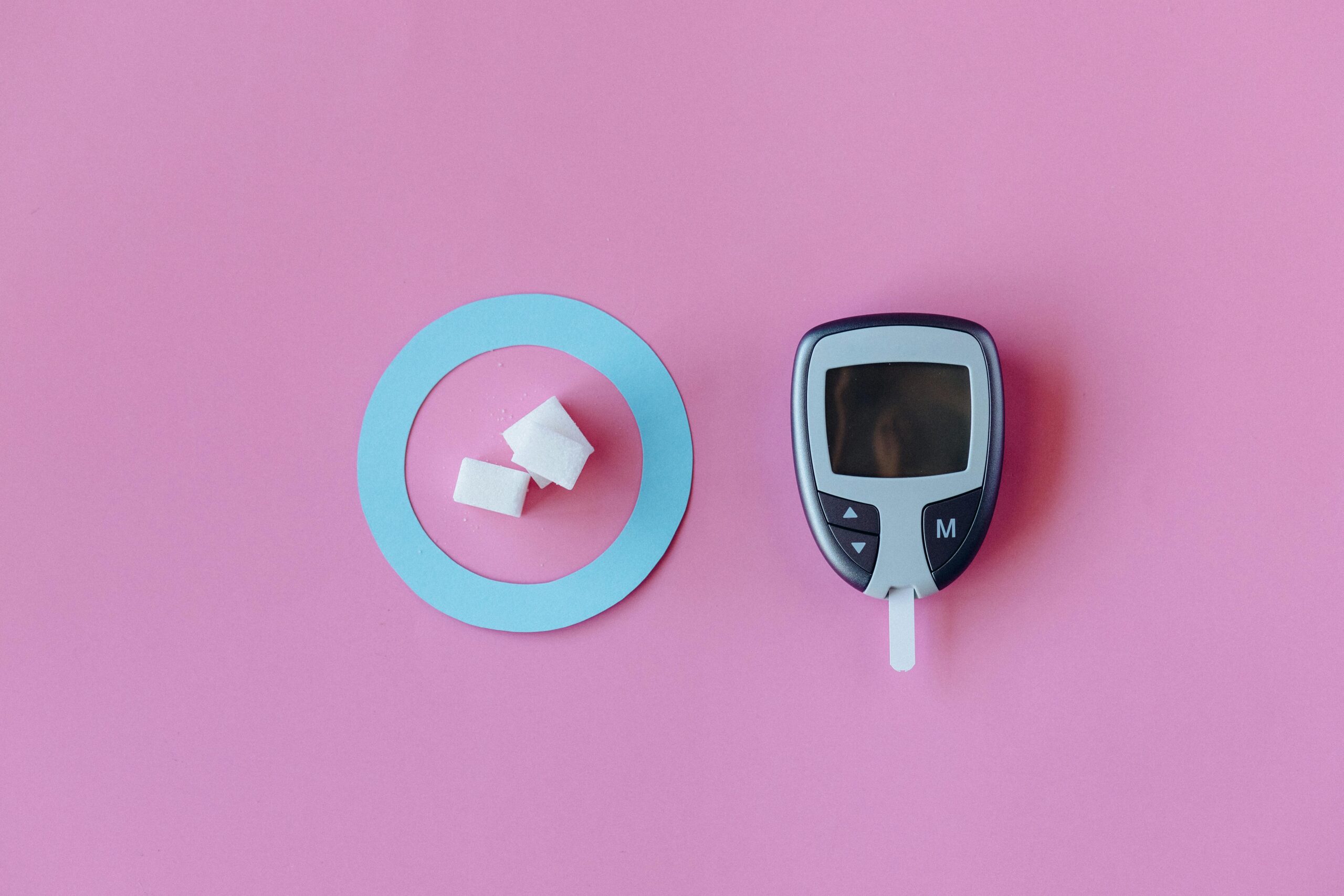Diabetes, especially type 2 diabetes, affects millions of women worldwide, altering many aspects of their health, from reproductive concerns to infection risks. Understanding the signs and symptoms of diabetes early can make a world of difference in managing the condition effectively. In this comprehensive guide, we’ll explore how diabetes affects women’s health and what you can do to stay healthy.
Table of Contents:
- Impact 1: Increased Risk of Infections
- Impact 2: Diabetes and Fertility Struggles
- Impact 3: Pregnancy Complications
- Impact 4: Other Health Complications
- Conclusion: Managing Diabetes for a Healthier Future
- Resources and Tools
While the symptoms of diabetes can affect anyone, women face some unique health challenges, especially concerning reproductive health, infections, and pregnancy outcomes. Let’s delve into the four major ways diabetes affects women’s health.
Impact 1: Increased Risk of Infections in Diabetic Women
Urinary Tract Infections (UTIs) and Vaginal Infections
Women with diabetes mellitus are more prone to developing urinary tract infections (UTIs) and vaginal infections, particularly yeast infections. This is largely due to the body’s compromised immune response. In fact, research shows that diabetic women have a higher prevalence of recurrent UTIs compared to non-diabetic women.
Why do these infections happen?
High blood sugar levels provide an ideal environment for bacteria and yeast to grow. Diabetic women are also more susceptible to vaginal candidiasis due to increased glucose in the vaginal tissues.
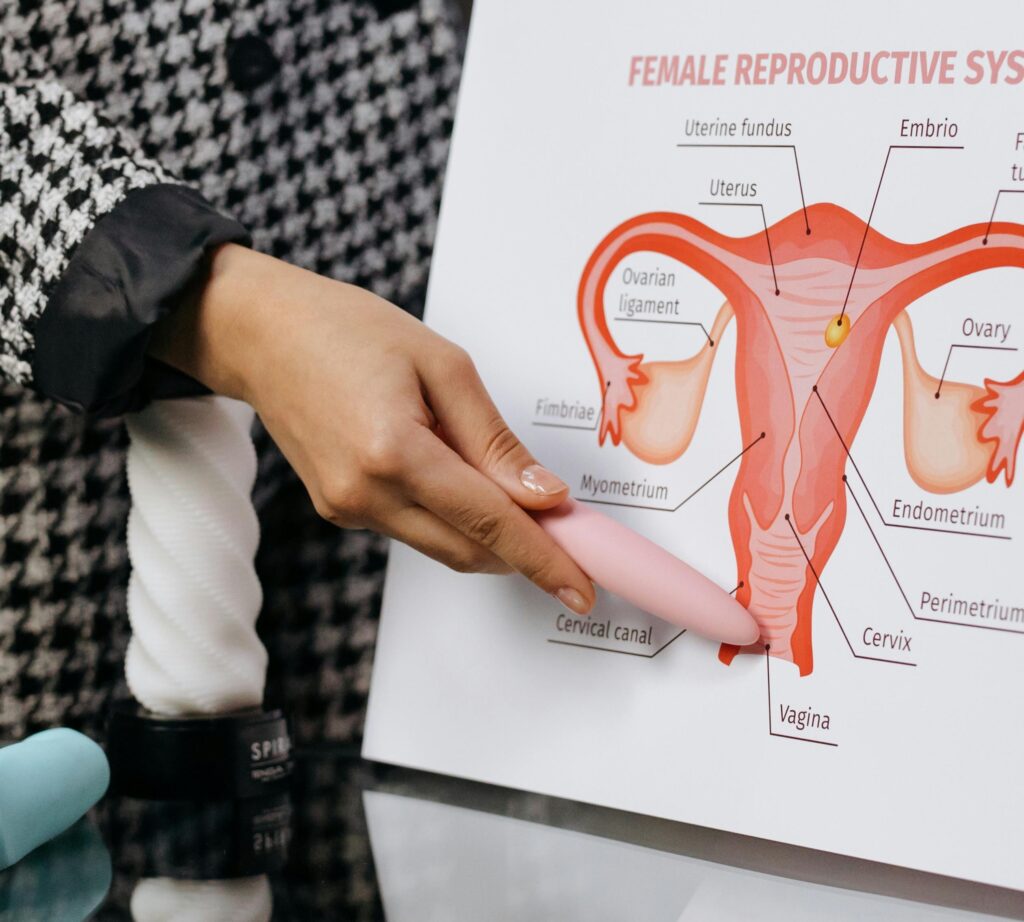
- Prevention Tip: Regular blood sugar monitoring and good hygiene practices can reduce the risk of infection.
Impact 2: Diabetes and Fertility Struggles
Hormonal Imbalances and Menstrual Irregularities
Diabetes affects women’s health, especially when poorly controlled, causing hormonal imbalances that can interfere with the menstrual cycle. This often leads to irregular periods, mood swings, and decreased libido. Women with Polycystic Ovary Syndrome (PCOS) are particularly at risk since insulin resistance plays a major role in both PCOS and type 2 diabetes.
How does this impact fertility?
Insulin resistance can lead to higher androgen (male hormone) levels in women, which affects ovulation. Women with both diabetes and PCOS may struggle to conceive due to irregular ovulation or anovulation (lack of ovulation).
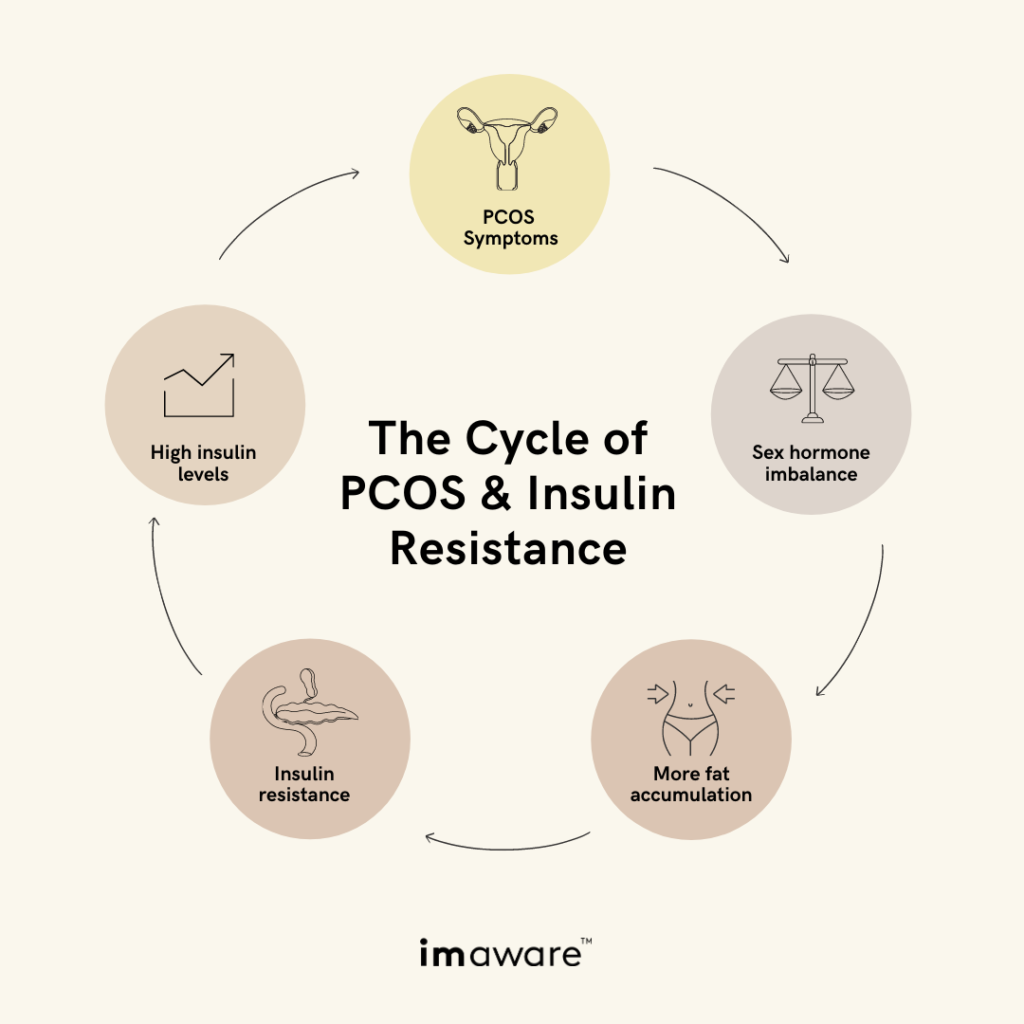
- Prevention Tip: Maintaining a healthy weight and regular check-ups with your healthcare provider can help. You can also use a BMI calculator to track progress and consult a fertility expert.
For further assistance, diabetic women struggling with fertility can book a consultation with a reproductive specialist. Early intervention is key.
Impact 3: Pregnancy Complications for Diabetic Women
Risks of Birth Defects, Miscarriages, and Macrosomia
If you’re diabetic and pregnant, managing blood sugar levels is critical from the moment of conception. High blood sugar during pregnancy, especially early on, increases the risk of birth defects. Gestational diabetes, which develops during pregnancy, also poses significant risks to both the mother and baby.
Women who are not managing their diabetes well during pregnancy are at risk for:
- Birth defects due to high blood sugar early in pregnancy
- Miscarriage or stillbirth later in pregnancy
- Macrosomia (an overly large baby), which complicates vaginal delivery and often necessitates a caesarean section.
How does gestational diabetes differ from type 2 diabetes?
While gestational diabetes is temporary, it can increase your risk of developing type 2 diabetes later in life. It can also result in your baby being born with low blood sugar or excessive birth weight, which can lead to delivery complications.
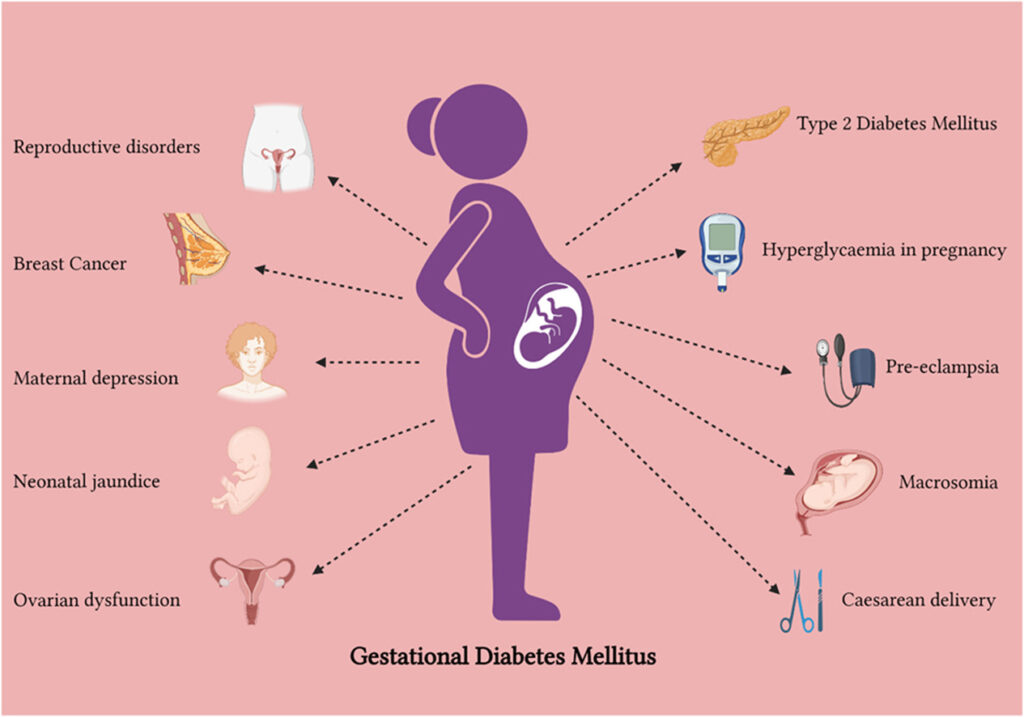
- Prevention Tip: If you’re pregnant, consult your doctor to perform a glucose tolerance test early on. You can also use an A1C calculator to monitor your blood sugar throughout your pregnancy.
For personalized advice, speak with a maternal health specialist about managing gestational diabetes and keeping both you and your baby safe.
Impact 4: Other Diabetes-Related Complications in Women
Heart Disease, Stroke, and Amputation Risks
Diabetes affects women’s health, increasing their risk for severe health issues like heart disease, strokes, and even amputations. In fact, diabetic women are 50% more likely to suffer from cardiovascular disease compared to non-diabetic women. Poorly managed diabetes can also lead to complications like:
- Diabetic retinopathy, which causes vision loss or blindness.
- Peripheral artery disease leads to poor circulation and possible limb amputation.
- Neuropathy, which affects nerve function, particularly in the legs and feet.
These complications arise from prolonged high blood sugar levels, damaging blood vessels and nerves over time.
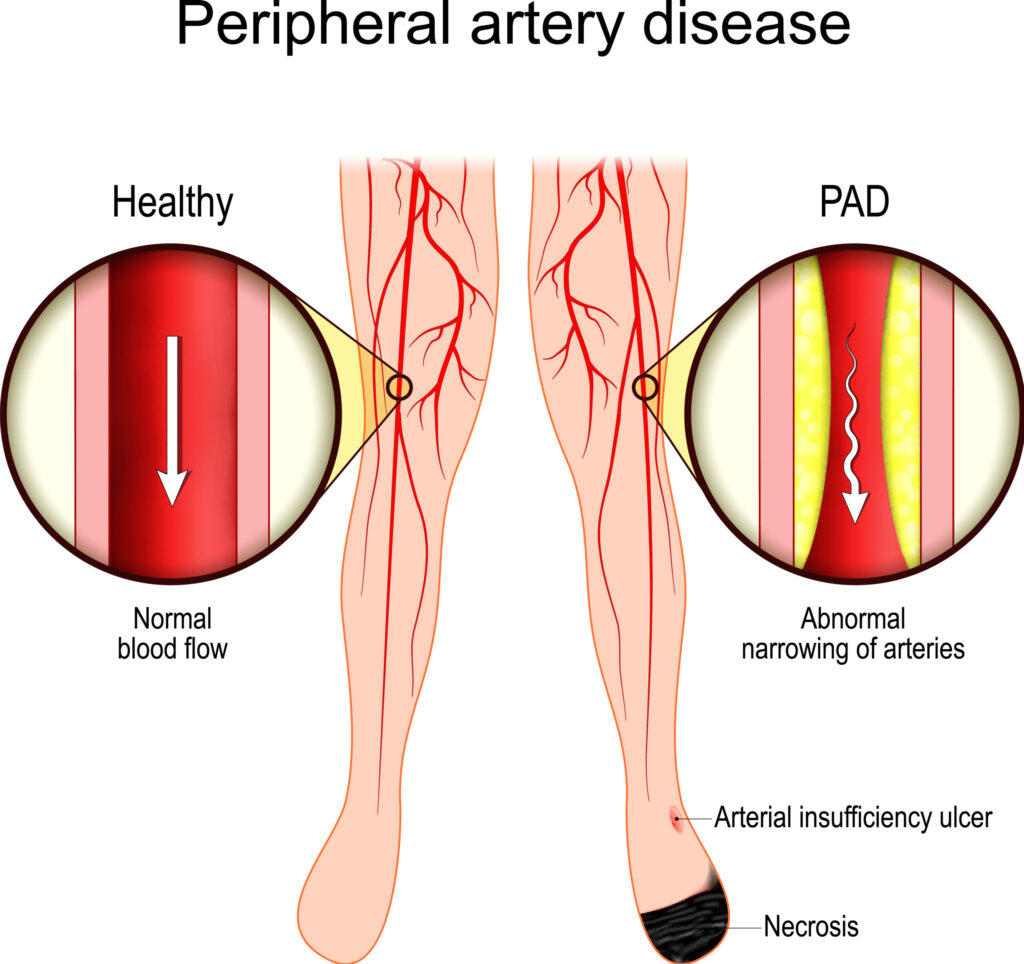
- Prevention Tip: Keep blood sugar levels in check through a combination of medication, diet, and physical activity. Communities like the life with diabetes program can help you stay on track.
If you’re already diabetic and concerned about long-term complications, book an appointment with a specialist to discuss preventive measures.
Conclusion: Managing Diabetes for a Healthier Future
Whether you’ve already been diagnosed with diabetes mellitus or you’re simply at risk, it’s important to take proactive steps in managing your health. Here are some key takeaways:
- Routine Health Checks: Early detection is crucial. Regular blood sugar monitoring and A1C tests can help catch the warning signs before complications arise. Use our calculators to keep track of your health metrics.
- Maintain a Healthy Weight: Both for prevention and management of diabetes, staying active and eating a balanced diet are essential. Calculate your BMI here.
- Consult a Doctor Regularly: If you’re a woman with diabetes, staying in touch with specialists for both diabetes management and reproductive health is key. You can speak to a diabetes expert here for more tailored advice.
By taking these steps, you can reduce the risk of complications and live a healthier, more fulfilling life even with diabetes.
Resources and Tools for Managing Diabetes
- A1C Calculator: Use this to monitor your long-term blood sugar levels. Try the calculator.
- BMI Calculator: Calculate your body mass index and check whether you’re at a healthy weight. Try the BMI calculator.
- Speak to a Specialist: Get personalized advice from a diabetes care expert. Book a consultation here.

